KARACHI, Nov 1: Speakers at a seminar on Saturday urged the Sindh government departments to play a proactive role in checking adverse environmental changes and mitigating their impact on the people of the province.
A lack of interest among public servants, overall absence of coordination among various departments on environmental challenges and deletion of environmental concerns in the planning and execution of development projects were the major factors that contributed considerable damage to the national exchequer and public health every year, they said.
The seminar, titled Sensitisation of government departments on environmental issues, was organised by the environment and alternative energy department of the Sindh government. The minister for environment and alternative energy, Askari Taqvi, was the chief guest.According to the environment department, degradation of environmental and natural resources has become an extremely serious problem mainly due to socio-economic factors, lack of awareness and negligence on the part of public and private sectors and there is a need to check the trend, otherwise it can prove disastrous for the economy of Sindh.
The department maintains that the officials serving at the policy-making level as well as the execution level can play a significant role in checking environmental degradation because each and every activity taken up by various government departments and the private sector working under their influence is directly contributing to environment pollution and health hazards.
Dr Ghulam Akbar, the country’s director of the World Wildlife Fund for Conservation of Nature, said that due to untreated discharge of municipal and industrial waste to rivers and other surface water reservoirs the existing water resources were under threat.
A recent survey of 150 industrial units in five potentially toxic groups completed by environmental protection agencies of three provinces reported extreme deviation from the levels prescribed in the National Environmental Quality Standards, he mentioned.
Giving some statistics on the state of environment in the country, he said the rate of deforestation was 2.5-3.1 per cent per year, air pollution was 6.4 time higher, per capita CO2 emission was 0.7 metric tones, land degradation was 38 per cent irrigated and 14 per cent saline, 23 per cent of the people in the rural areas had the sanitation facilities. The value of annual environmental damages was around Rs365 billion, he added.
In his address, Sindh Minister for Environment and Alternative Energy Askari Taqvi observed that in a situation when the share of environmental and natural resources damage had increased to between six and eight per cent of the country’s gross domestic product, it was required from the quarters concerned to ponder over how pollution and environmental degradation could be checked.
Stressing that the departments should employ an integrated approach on the environment, he said that there was a lack of will and initiatives for any improved environmental measures and capacity building of institutions. He lamented the failure of the national environmental council, headed by the prime minister, in holding its meeting despite a lapse of four years.
He highlighted the importance of adopting clean windmills and solar energy projects to generate electricity in the province, with the notion that due to the cold shoulder attitude of the people and departments concerned nothing very significant could be seen on the ground during the last four years since the establishment of alternative energy development board at a federal level.
Talking about awareness on environmental issues for the public sector services, Additional Secretary Staff to the Sindh Chief Secretary Dr Usman Chachar attributed lack of implementation of relevant laws and strategies to the fact that majority of government officials did not have conceptual clarity or understanding of the environment issues.Dr Chachar said the general attitude was that the environment was nothing “more than NGOs’ gimmickry”.
“Many of us feel that the environment is a concern of the environment department alone,” he said, adding that there is also a wrong approach that environmental concerns in any development project would complicate the preparation and execution of the project.
Sindh Environmental Protection Agency director Naeem A. Mughal discussed the major environmental issues and threats posed to the province, including further extinction of wildlife species, destruction and loss of habitat of national and global importance, loss of livelihoods, loss of quality of life, increase in incidences of diseases and famine, and loss of national revenue due to deterioration of natural resources.
Sindh Secretary Environment Mir Hussain Ali, Aurangzeb Haq of the planning and development department, Shahid Lutfi, an environmental consultant, also spoke.

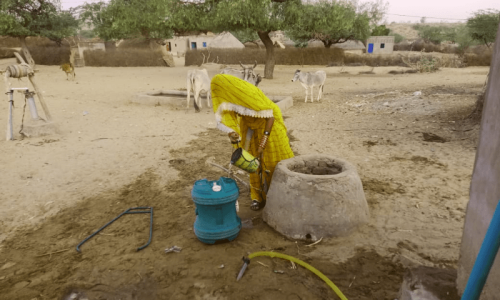
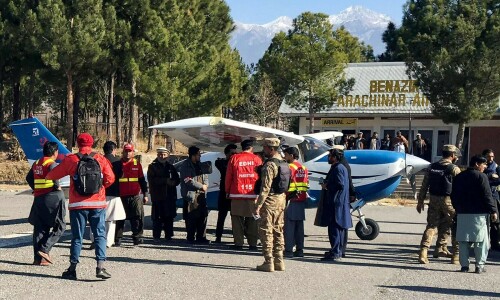











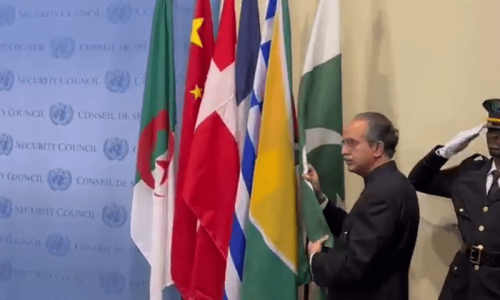
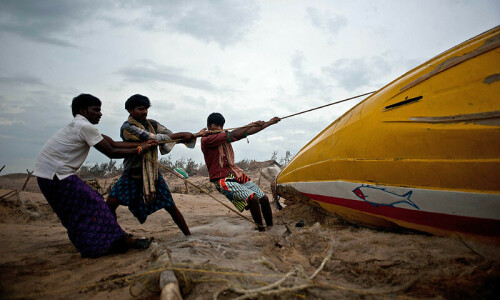

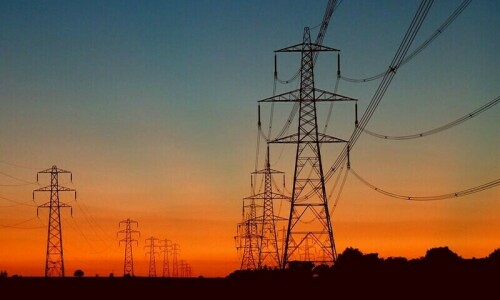


















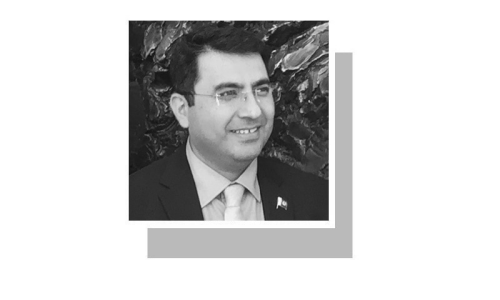









Dear visitor, the comments section is undergoing an overhaul and will return soon.